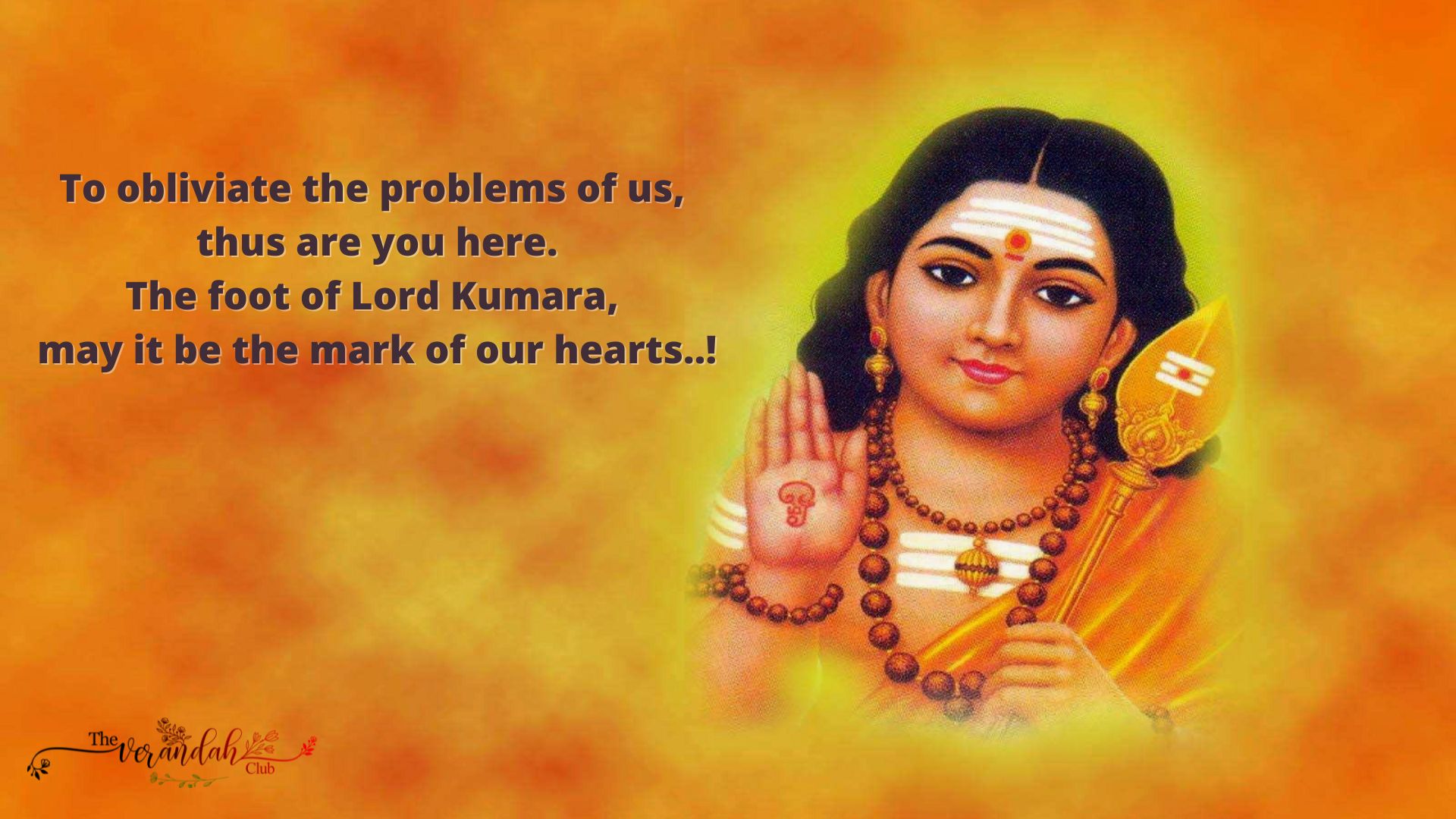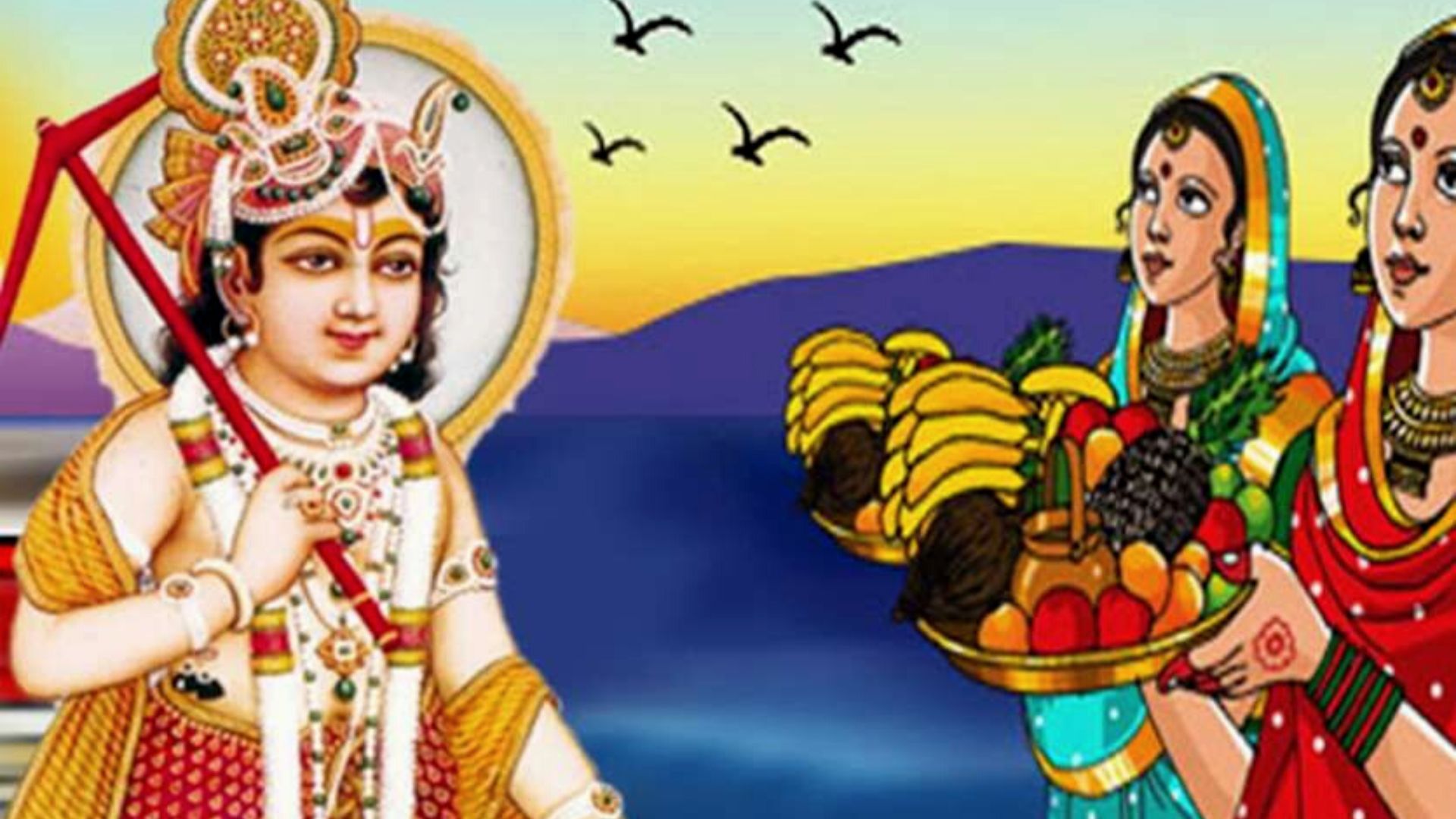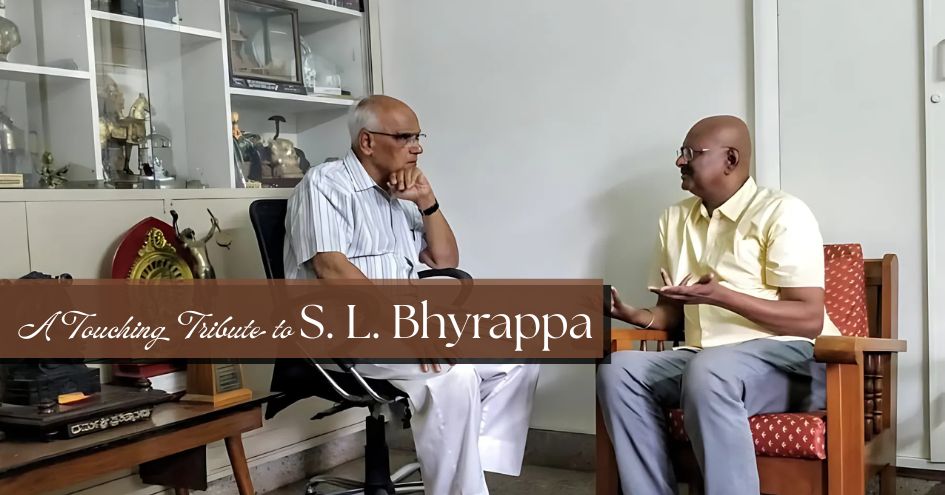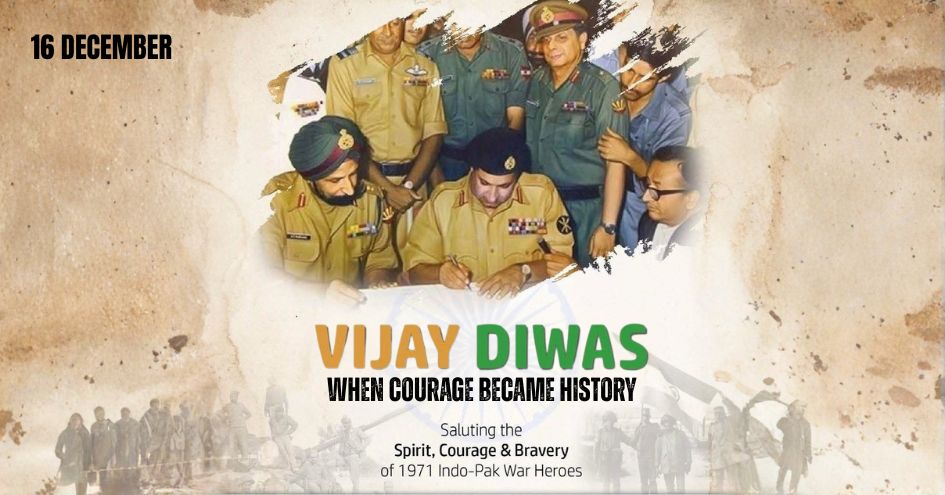
I was born and brought up in the foothills of Marudhamalai, most appropriately in the thirumalar padham of Ennappan Murugan (flower foot of Lord Muruga). My mother was an ardent devotee of Lord Muruga that I would get my head tonsured every often until I was twelve. Visiting Marudhamalai and offering my hair as a sacrifice used to be the weekend plans of my family. My ear piercing ceremony also debuted in Marudhamalai. And my mother used to sing Kanda Sashti Kavacham as the thalattu (lullaby) for me and my sister to sleep. In simple words, most of my childhood days revolved around the Marudhamalai Murugan. This gave me enough exposure to understand Sashti and Sashti practices.
For Tamil-speaking Hindus, the day of Shasti, also known as "Sasthi," is fortunate. This day is earmarked for Lord Murugan's worship. Devotees of Muruga observe fasting on this day to appease their deity and ask for His blessings for a joyful and prosperous life. Lord Skanda is the God of war and son of Shiva and Parvati. Lord Skanda is also referred to as Subramanya, Kartikeyan, and Murugan. Every month, the festival is celebrated on the Sashti Tithi of Shukla Paksha. In south India, Skanda is regarded as Lord Ganesha's younger brother, although in north India, he is thought to be Ganesha's elder brother.
Hal Sashti, sometimes called ‘Lalhi Shast’ or ‘Har Chatt,’ is a Hindu festival honouring Lord Balaram, Sri Krishna's older brother. According to the conventional Hindu calendar, it is observed on the ‘sashti’ (6th day) of Krishna Paksha (the waning phase of the moon) during the month of "Bhadrapada." The festival of Hal Sashti, which honours the anniversary of Lord Balaram's birth, is joyfully observed throughout India. It is observed six days after Raksha Bandhan or Shravan Purnima. This day is honoured as ‘Chandra Sashti’ in the state of Rajasthan, ‘Randhan Chhath’ in Gujarat, and ‘Baladeva Chhath’ in the Braj region.

It is a well-known fact that Lord Murugan vanquished the demons Soorapadman, Tarakasura, and Simhamukha, and the Sashti Tithi of the Shukla Paksha commemorates this accomplishment. According to legend, Lord Murugan used his vel, or sling, to cut off Soorapadman's head. From the severed head, two birds appeared: a peacock, which became his vahana, and a rooster, which served as an emblem for his flag. On the day of Skanda Sashti, worshippers honor the Lord for driving out the demon and bringing about peace by observing a fast, or vrat.
The most significant ritual during sashti is fasting. To please Lord Murugan, followers observe a partial or complete fast on Shasti. When the sun rises, the Shasti vrat begins, and it ends the next day when prayers are offered to the Sun God. Those who observe severe vrat refrain from eating anything for the full 24 hours. Fruit can be eaten when partially fasting. Even those with health issues can maintain Shasti fasting by having just one meal every day.
On the day of the Shasti vrat, some spices cannot be consumed by the observant. Alcohol consumption and eating non-vegetarian meals are absolutely forbidden. Devotees of Murugan also read the Skanda Purana and recite the Skanda Shasti Kavacham on Shasti. It is highly lucky to visit the Lord Murugan temples on this day in the evening. If Skanda is worshiped, Maa Parvati is said to be extremely happy. The sixth day of Navratri is devoted to Skandamata for this reason.

Tamil Nadu alone is home to Lord Murugan's six most significant sanctuaries. Hindu legends claim that Lord Murugan slew the demon known as "Soorapadman" on the day of Shasti. On Shasti, it is believed that those who maintain a fast and offer prayers to Lord Murugan will receive his blessings in abundance.
Following Sashti days 9n 2022 for future reference,
August
September
October (2 Sashtis fall on october this year)
November
December
Amarar idar theera, amaram purintha
Kumaran adi nenje kuri..!
To obliviate the problems of us, thus are you born.
The foot of Lord Kumara, may it be the mark of our hearts..!
NEXT ARTICLE

Subramania Bharati, often referred to as Mahakavi Bharati (Great Poet Bharati), was a revolutionary poet, journalist, and social reformer whose words...

Some writers tell stories, and then there are those rare souls who hold up a mirror to our civilisation, our history, and our innermost selves. Sri Sa...

As the Tricolour rises high on 16 December, Vijay Diwas calls out to the conscience of the nation.It reminds us of a timeless truth:Freedom is earned,...